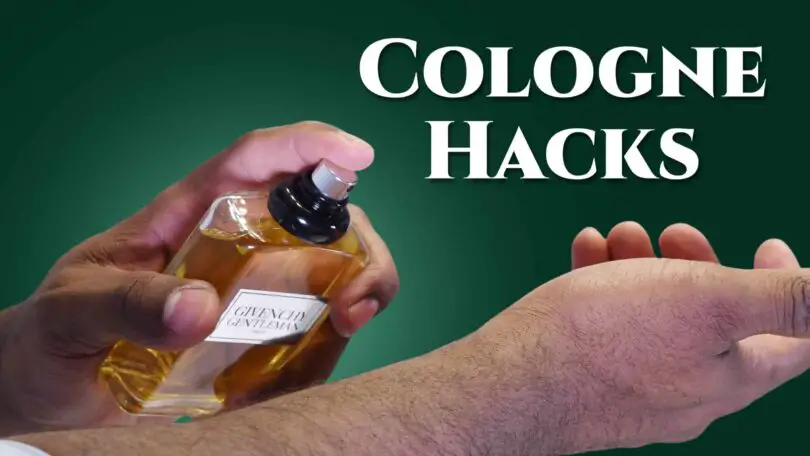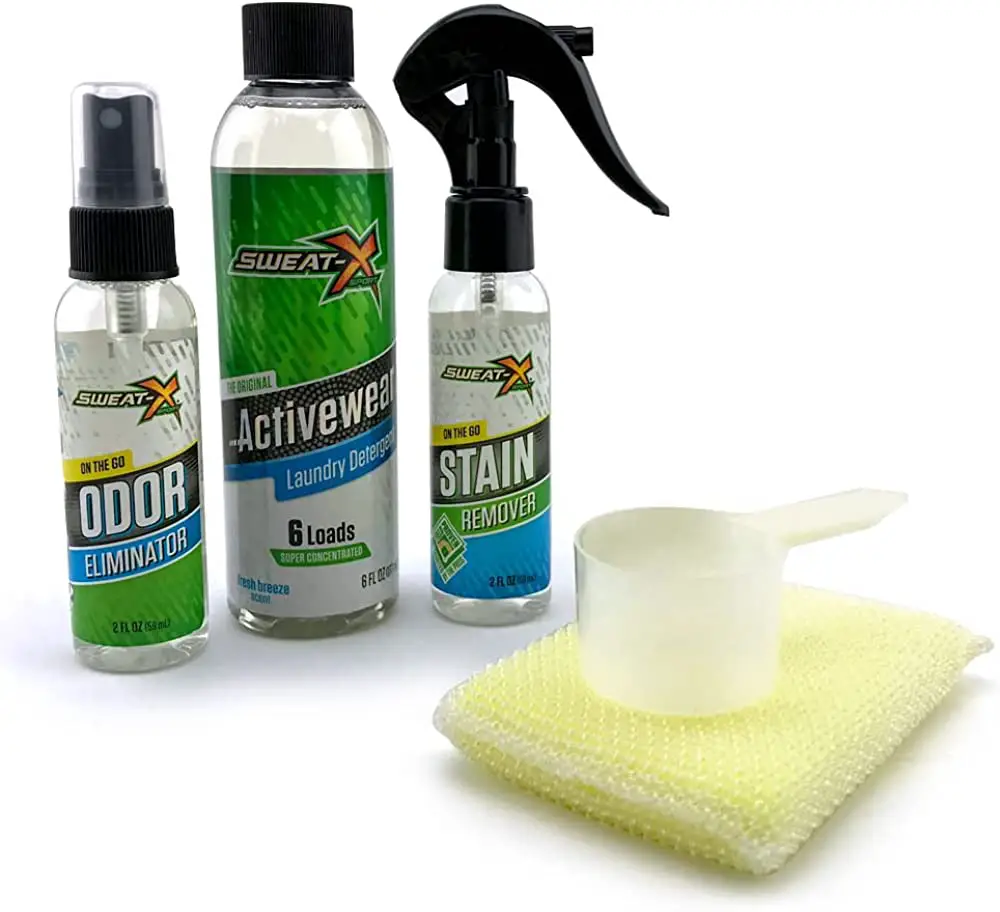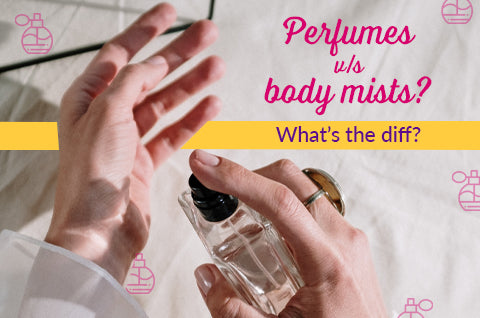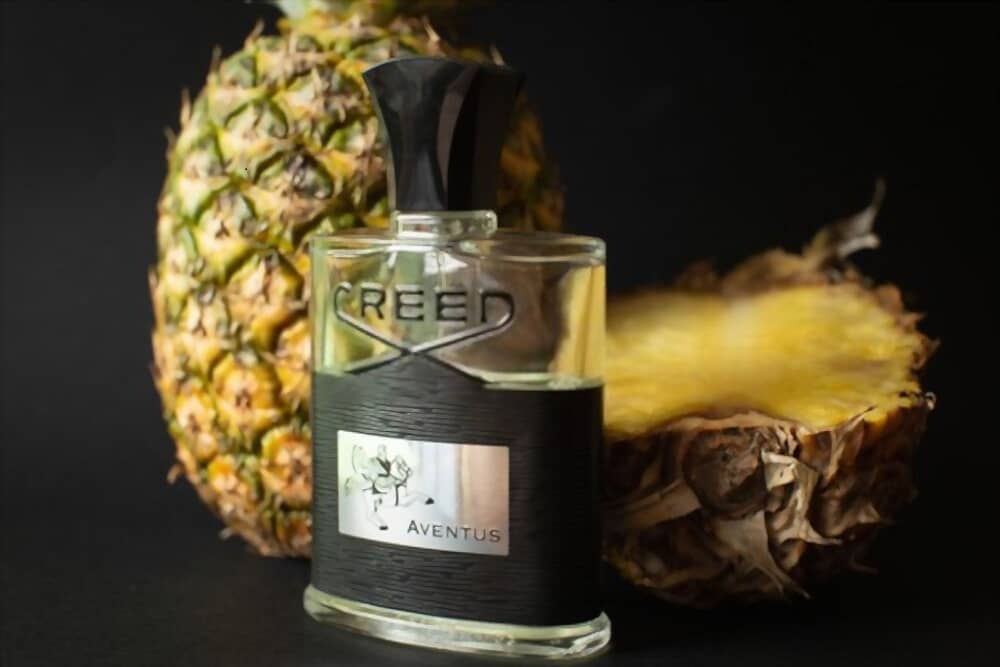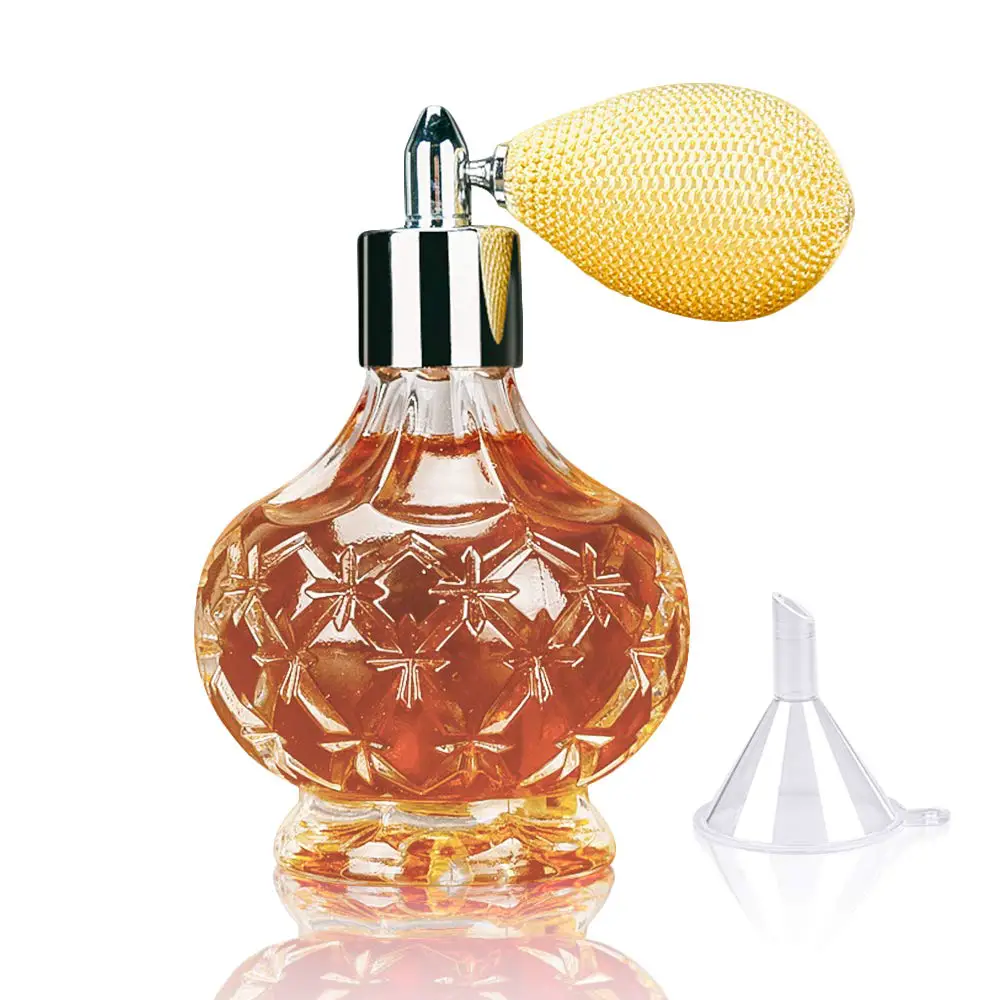Perfume may not last on you due to factors such as skin type, application technique, and fragrance concentration. Are you one of those people who spray on a perfume only to see its scent fade away after a short while?
It can be frustrating when you invest in a good bottle of perfume and it doesn’t seem to last. But don’t worry, there are reasons why this happens. The longevity of a fragrance on your skin can be influenced by several factors.
Your skin type plays a role, as some skin types may not retain the scent as effectively. The way you apply the perfume also matters – spraying it on your clothing or rubbing it vigorously can affect its staying power.
Additionally, the concentration of the fragrance can determine its longevity. Factors like these can explain why some perfumes seem to vanish too quickly. But fear not, as there are ways to enhance the durability of your fragrance and enjoy its scent for longer.
Factors Affecting Perfume Longevity
Perfume longevity can be influenced by several factors, including skin type and pH balance, body temperature and perspiration, perfume concentration and composition, as well as application techniques and amounts.
Skin type and pH balance: The natural pH of your skin can affect how perfume interacts with it. Those with dry skin may find that their perfume doesn’t last as long, as the fragrance evaporates more quickly.
Body temperature and perspiration: Higher body temperatures and increased perspiration can cause perfume to evaporate faster. If you tend to have a warmer body temperature or sweat a lot, you may experience shorter perfume longevity.
Perfume concentration and composition: Perfumes with higher concentrations of fragrance oils, such as perfume, generally last longer than eau de toilette or eau de cologne. Additionally, the composition of the fragrance, including the choice of base notes, can impact longevity.
Application techniques and amounts: How you apply perfume and the amount you use can also influence its longevity. Applying perfume to well-moisturized skin, such as immediately after showering, can help it last longer. Additionally, using a lighter hand or opting for a more concentrated formula can enhance the longevity of the scent.
Understanding Skin Types And Ph Balance
Understanding your skin type and maintaining a healthy pH balance is key to ensuring that your perfume lasts longer on your skin. Different skin types have different characteristics that can affect the longevity of fragrance. For example, oily skin tends to hold fragrances better due to the natural oils that help to retain scent molecules. Dry skin, on the other hand, may cause perfumes to evaporate more quickly since it lacks the natural oils needed to trap the fragrance.
pH balance plays a crucial role in perfume longevity as well. An imbalanced pH level can alter the way perfumes interact with your skin, causing them to dissipate quickly. To maintain an optimal pH balance, it’s essential to use products specifically formulated for your skin type and avoid harsh cleansers that can disrupt its natural acidity. Incorporating a moisturizer into your skincare routine can also help to lock in the scent and prolong its staying power.
Body Temperature And Perspiration As Fragrance Factors
Perfume not lasting on you? One possible reason could be your body temperature and perspiration. Body temperature plays a vital role in the evaporation of fragrance on your skin. When your body temperature rises, it accelerates the evaporation process, causing the perfume to fade quickly. Perspiration also affects fragrance persistence as it dilutes the scent and alters its composition.
To control body temperature and perspiration, there are a few tips you can follow. Firstly, avoid exposing yourself to high heat and humidity, as they can increase perspiration. Opt for lightweight, breathable clothing and consider using an antiperspirant to reduce sweating. Maintaining good hygiene, such as showering regularly and using fragrance-free skincare products, can also help improve perfume longevity.
It’s worth noting that everyone’s body chemistry is different, and what works for one person may not work for another. Experimenting with different perfume application techniques, such as spraying on pulse points or layering with complementary scented products, may help enhance fragrance longevity. Enjoy the journey of finding the perfect scent that lasts for you!
Decoding Perfume Concentration And Composition
Perfume longevity can vary from person to person due to several factors, including fragrance concentration and composition. Understanding fragrance concentration levels is essential in decoding why perfumes don’t last on certain individuals. Perfumes are available in four main concentration levels, namely perfume extract, Eau de parfum, Eau de toilette, and Eau de cologne.
The higher the concentration, the longer the fragrance will last on the skin. Perfume extract contains the highest concentration of fragrance oils, resulting in a more potent and long-lasting scent. Eau de parfum has a slightly lower concentration, while Eau de toilette and Eau de cologne have even lower levels.
Aside from concentration, perfume composition also plays a crucial role in its lasting power. Each perfume is made up of various fragrance notes, including top, heart, and base notes. The combination of these notes determines the overall scent and its staying power. Perfumes with more complex compositions tend to last longer compared to those with simpler formulas.
When choosing a perfume, it’s important to consider both concentration and composition. If you find that perfumes don’t last on your skin, opting for fragrances with higher concentrations and more complex compositions may provide better results. Experimenting with different perfume types can help you find the perfect scent that lingers throughout the day.
Mastering Perfume Application Techniques
Perfume is a personal preference, but sometimes it can be frustrating when it doesn’t last as long as we’d like on our skin. However, there are techniques you can master to improve the longevity of your fragrance.
Spraying versus dabbing comes with its own set of pros and cons. Spraying allows for a more even distribution and is great for larger areas of the body. However, it can also result in excessive application if not used in moderation. On the other hand, dabbing allows for more controlled application, but it may not provide the same coverage as spraying.
The optimal locations for perfume application are known as pulse points. These include the wrists, behind the ears, on the neck, and at the base of the throat. These areas generate heat, which helps to emit the scent throughout the day.
Layering fragrances can also enhance longevity. Start with a scented body lotion or oil, followed by a matching perfume. This builds multiple layers of fragrance, creating a longer-lasting effect.
By mastering perfume application techniques such as spraying versus dabbing, targeting pulse points for optimal application, and layering fragrances, you can increase the longevity of your favorite scents on your skin.
:max_bytes(150000):strip_icc()/121020-perfume-expire-lead-2000-2ed0ccb7f6a0494185b0006c3d815b59.jpg)
Credit: www.instyle.com
Making Perfume Last Longer: Insider Tips
Perfume not lasting on your skin can be frustrating, but worry no more. There are insider tips that can help make your fragrance last longer. First, applying perfume on moisturized skin can greatly enhance its longevity. Before you put on your favourite scent, make sure to moisturize your skin with a fragrance-free lotion. This helps create a barrier and allows the perfume to adhere to your skin better.
Storing and preserving your perfume fragrance is also crucial. Keep your perfume away from direct sunlight and extreme temperatures, as they can degrade the scent. Store it in a cool, dark place like a drawer or a cabinet. Additionally, always make sure to tightly close the cap after each use to prevent evaporation and maintain the freshness of the fragrance.
Lastly, reapplying techniques can help extend the sillage of your perfume. If you notice the scent fading, apply a small amount on your pulse points, such as wrists, neck, and behind the ears. These areas generate heat, which can help intensify the fragrance.
Final Thoughts On Boosting Perfume Longevity
Boosting perfume longevity can be a challenge for many individuals. Experimenting with different perfume brands can help identify scents that have better-staying power on your skin. It is important to take care of your overall health and hygiene by moisturizing your skin, as well as keeping it clean and free from excess oil.
Embracing personal preferences and enjoying fragrances that suit your taste can also make a difference. Some scents may naturally fade faster on certain skin types, so it is important to find ones that work well with your body chemistry.
Additionally, storing perfumes properly, away from direct sunlight and extreme temperatures, can help prolong their potency. Overall, finding the right perfume, taking care of your skin, and enjoying the process can enhance the longevity and enjoyment of fragrances.
Frequently Asked Questions
Why Does Perfume Fade So Quickly On Me?
Perfume fades quickly on you because of your unique body chemistry and skin type.
Why Does My Body Not Retain Perfume?
Your body may not retain perfume due to differences in skin chemistry, sweat, or faster metabolic rate.
How Do I Make Perfume Last Longer On Me?
To make perfume last longer on you, apply it to pulse points, moisturize your skin beforehand, and store it properly.
Why Don’t Scents Last Long On Me?
Scents may not last long on you due to factors like body chemistry and skin type.
Conclusion
Understanding why perfume doesn’t last on you can help you make more informed choices when it comes to selecting and applying fragrances. Factors such as skin type, temperature, and even personal body chemistry play a significant role in how long a scent will linger on your skin.
By moisturizing your skin properly, applying perfume to pulse points, and layering scents with matching bath and body products, you can improve the longevity of your chosen fragrance. Experimenting with different fragrance families and concentrations can also help you find a scent that lasts longer on your skin.
Remember, everyone’s experience with perfume is unique, and what works for others may not work for you. So, be patient and willing to try different approaches until you find the perfect fragrance that leaves a lasting impression.

